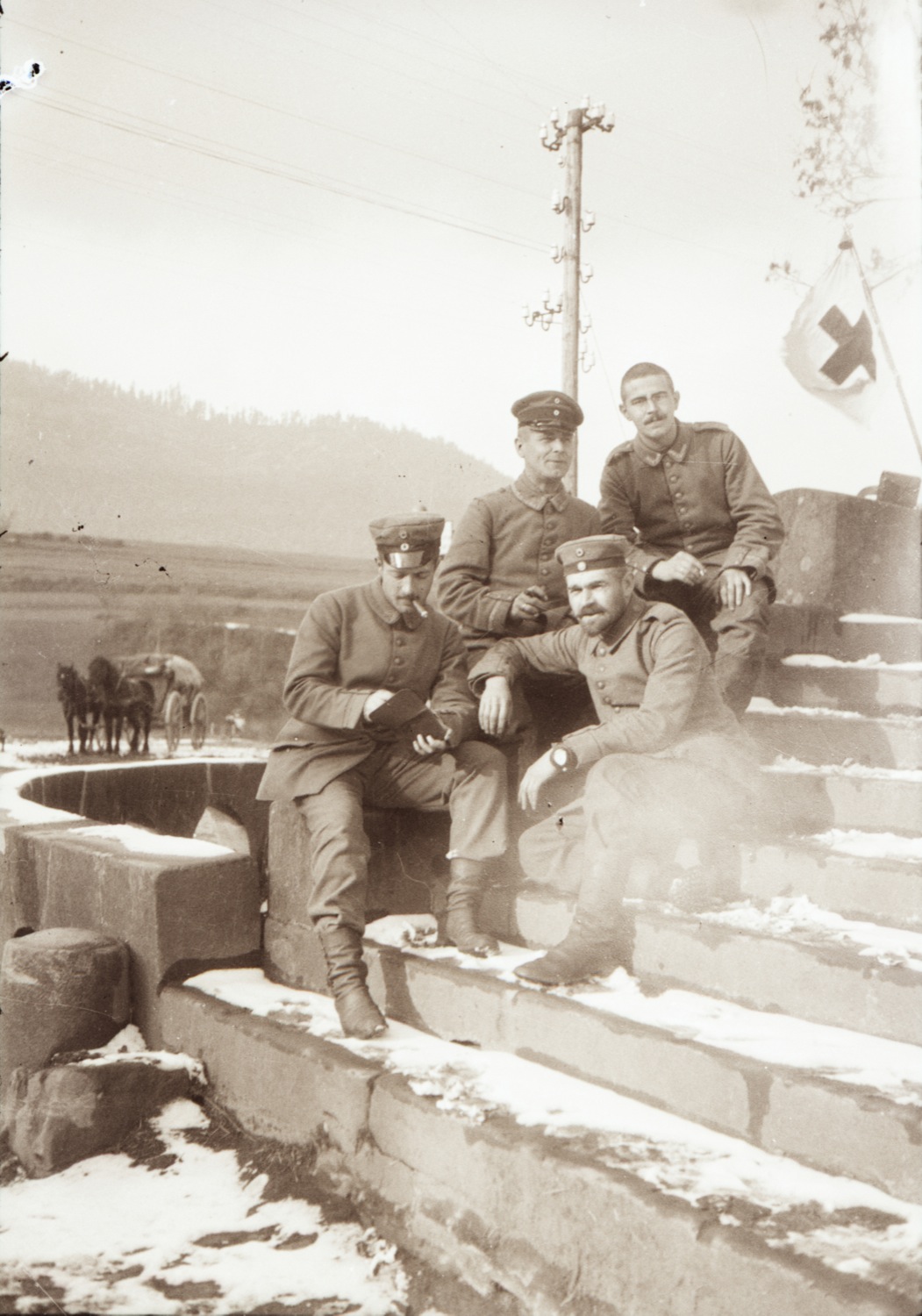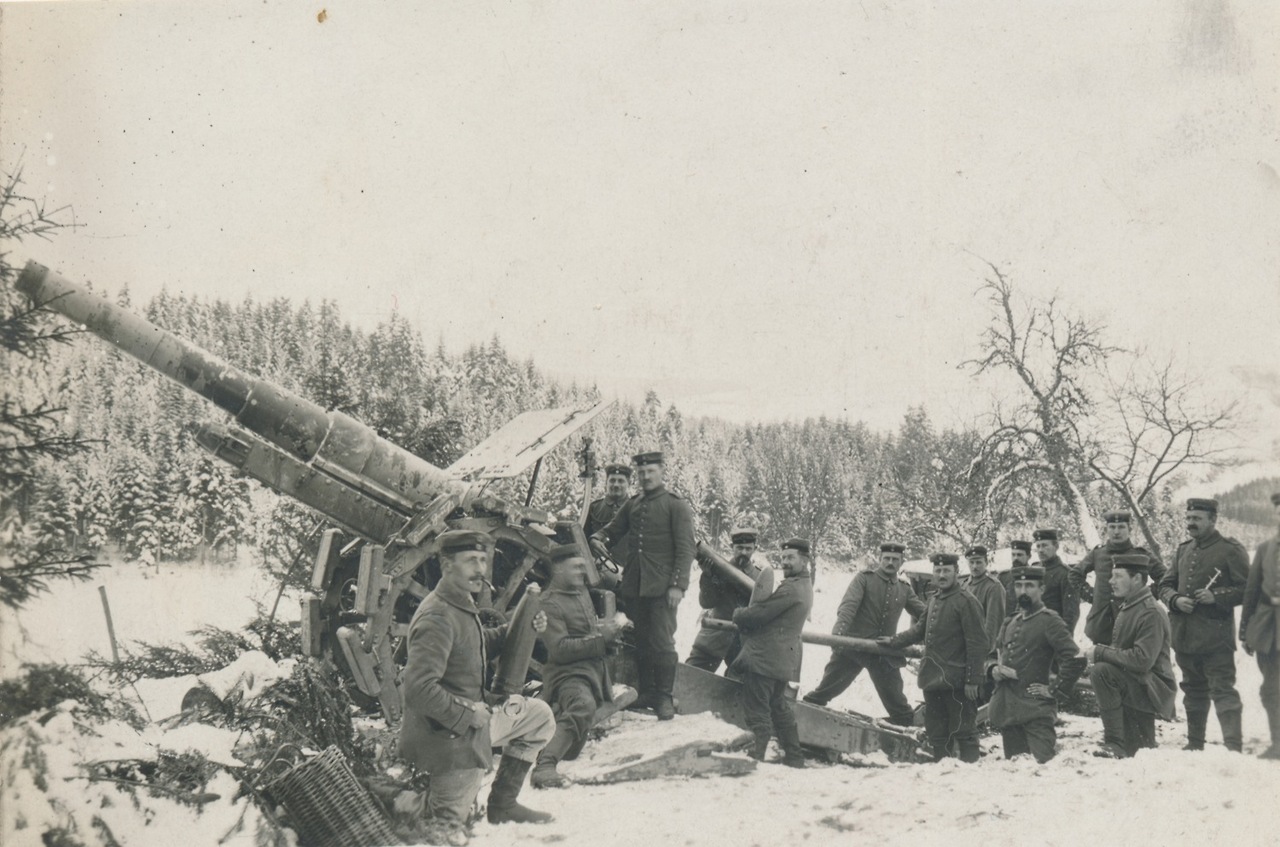(This is a post from long ago in the NCOBrief archives, which I have pulled out and reworked several times on this particular anniversary, but still relevant, especially with the Syrian situation hanging over us like a nightmare come to daylight.)
A Sunday September morning, on one of those mild and gorgeous fall days, when the leaves are just starting to turn, but the last of the summer flowers still linger, and the days are warm, yet everyone grabs hold of those last few golden days, knowing how short they are of duration under the coming Doom of winter.
And there is another Doom besides the changing of the seasons on this morning, a Doom that has been building inescapable by treaty obligation for the last two days, clear to the politically savvy for the last two weeks— since the two old political opposites-and-enemies inexplicably signed an alliance— deferred by a humiliating stand-down and betrayal of the trusting two years since, a doom apparent to the far-sighted for nearly a decade. The armies are marching, the jackals bidden to follow after the conqueror, a country betrayed and dismembered, the crack cavalry troops of an army rated as superior to the American Army as it existed then charging against tanks, their ancient and historic cities reduced to rubble and by obligation and treaty, the Allies are brought to face a brutal reality. That after two decades of peace, after four years of war that countenanced the slaughter of a significant portion of a generation, that left small towns across Europe and Great Britain decimated and plastered with sad memorials carved with endless lists of names, acres of crosses and desolation, sacrifice and grief, for which no one could afterwards give a really good reason, a decade of pledging Never Again war is come upon them, however much they would wish and hope and pray otherwise. Reservists had been called to active duty, children had been evacuated en mass from the crowded city center, and Neville Chamberlain, who had been given a choice between war and dishonor, chosen dishonor and now had to go before the nation on radio and announce the coming of war:

